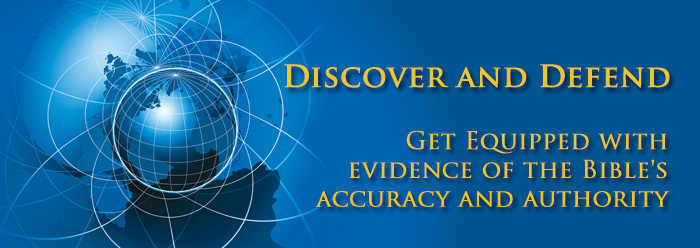heavenly host
Luke 2:13
2:13 heavenly host. The probability is that this mighty angel, leading the heavenly host in their praises, was Michael the archangel; this occasion was later commemorated by the early church as Michaelmas (i.e., “Michael sent”) on September 29, the same as the date of the Jewish Feast of Tabernacles. It would have at least been appropriate for Christ to have been born on such a date, for it was at His birth that “the Word was made flesh, and dwelt (i.e., literally ‘tabernacled”) among us” (John 1:14). This would mean, then, that His conception (and this was the real miracle of the incarnation, since His birth itself was a normal human birth) took place in late December. Thus, it might well be that when we today celebrate Christ’s birth at what we call Christmas (i.e., “Christ sent”), we are actually celebrating His miraculous conception, the time when the Father sent the Son into the world, in the virgin’s womb. This darkest time of the year—the time of the pagan Saturnalia, and the time when the sun (the physical “light of the world”) is at its greatest distance from the Holy Land—would surely be an appropriate time for God to send the spiritual “light of the world” into the world as the “Saviour, which is Christ the Lord” (Luke 2:11).




